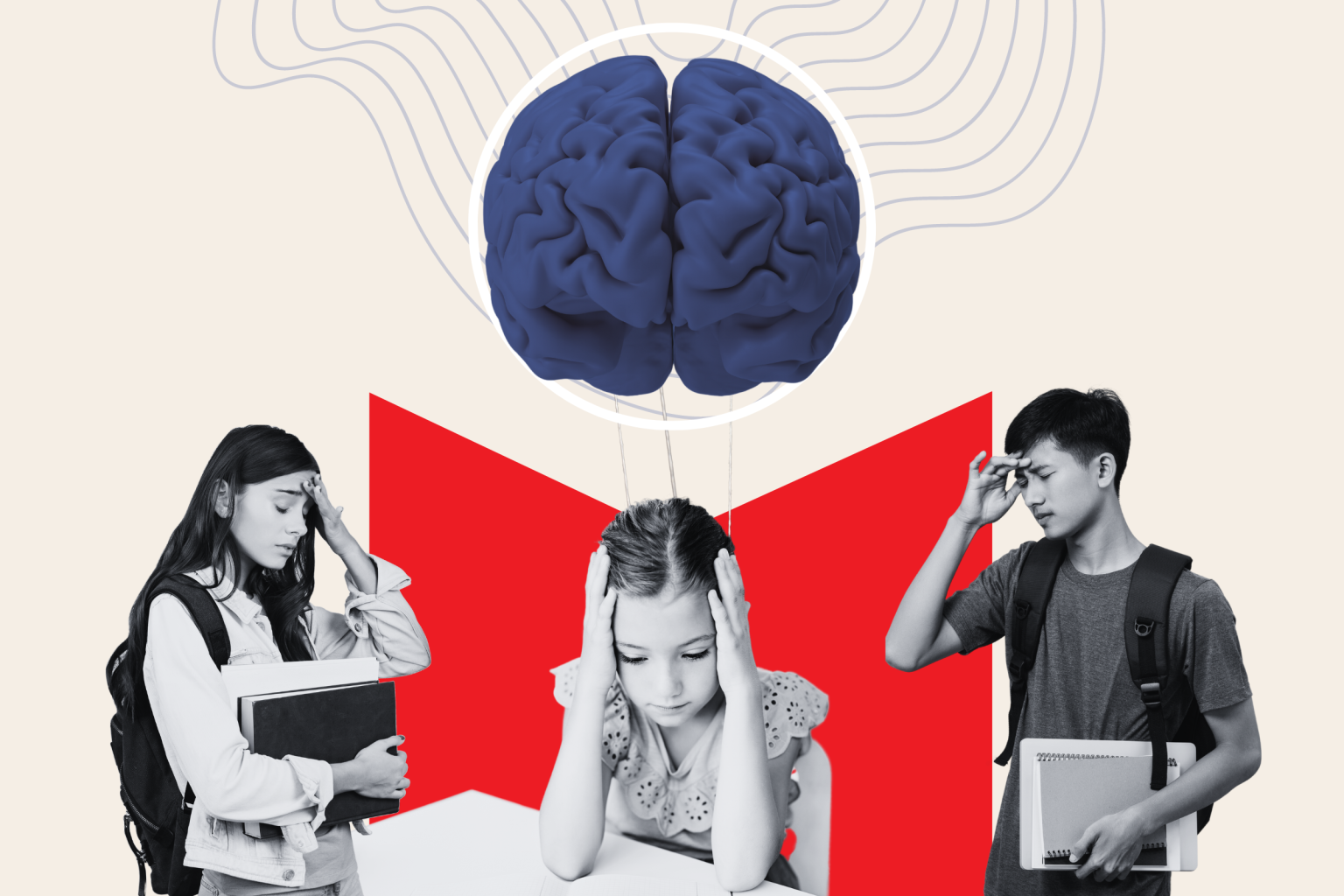Abstinence-only sex education programs in U.S. schools have been identified as harmful to children by psychologists. These programs, alongside other school practices such as zero tolerance policies, have been found to be unsupported by scientific evidence and potentially misleading to young people. The book Investigating School Psychology reviews studies that highlight the risks associated with these practices and emphasize the importance of evidence-based education, including teaching about contraception. Despite the global prevalence of pseudoscientific practices in schools, the focus remains on implementing programs that are proven to be ineffective and even counterproductive.
Researchers have found that abstinence-only-until-marriage programs do not delay sexual initiation or reduce risky sexual behaviors among teenagers. In fact, policies promoting abstinence-only approaches have been linked to increased rates of teenage pregnancies and births. Despite this evidence, federal and state policies in the U.S. still prioritize abstinence education without additional requirements related to contraceptive methods. Infant simulator dolls and ‘Scared Straight’ programs are other examples of practices that have been found ineffective and potentially harmful, yet continue to be implemented in schools. The misuse of precious resources towards these ineffective programs further highlights the need for a shift towards evidence-based approaches in education.
Zero tolerance policies in schools, where students face mandatory penalties for breaking school rules, have been criticized for potentially encouraging misbehavior and not improving academic achievement. Similarly, brain training apps, often used in schools, have been found to lack long-term improvement in working memory. The book emphasizes the importance of evaluating these programs critically and engaging in sound, evidence-based practices. The editors recommend school psychologists to approach ideas with a critical lens and engage in critical thinking to protect themselves from believing in pseudoscience and dubious practices.
The detrimental effects of ineffective school programs go beyond wasted time and effort for educators and youth; they can also result in direct harm to children. For instance, research has shown that youth exposed to ‘Scared Straight’ programs are more likely to reoffend compared to those who were not in the program. This calls for a reevaluation of current school practices and a shift towards evidence-based approaches that prioritize the well-being and safety of young people. By recognizing and addressing the harmful impacts of pseudoscientific practices in schools, educators can create a more supportive and effective learning environment for children. Newsweek encourages readers to bring attention to science stories and education topics that deserve more coverage to science@newsweek.com, in line with their commitment to challenging conventional wisdom and finding common ground.


